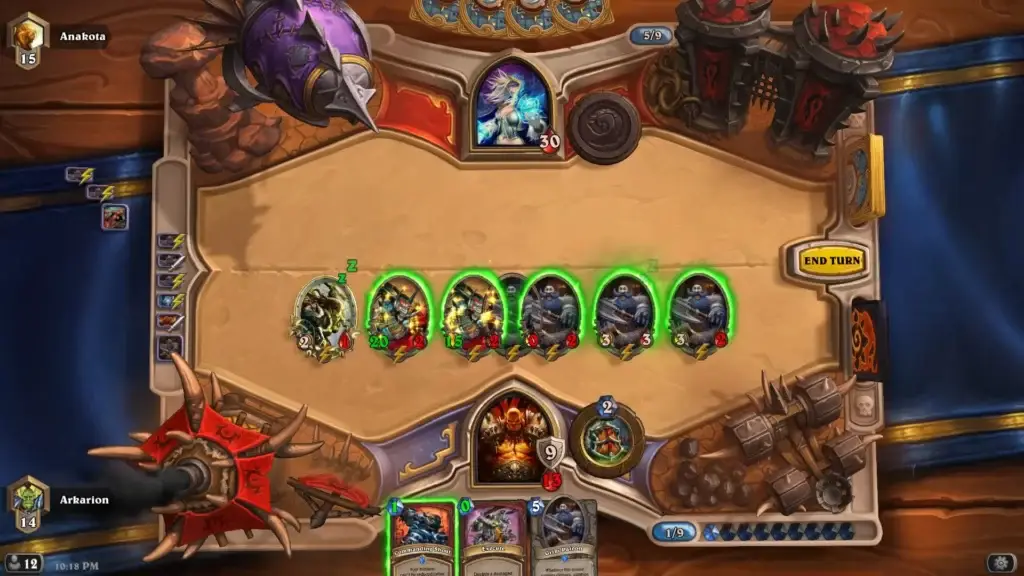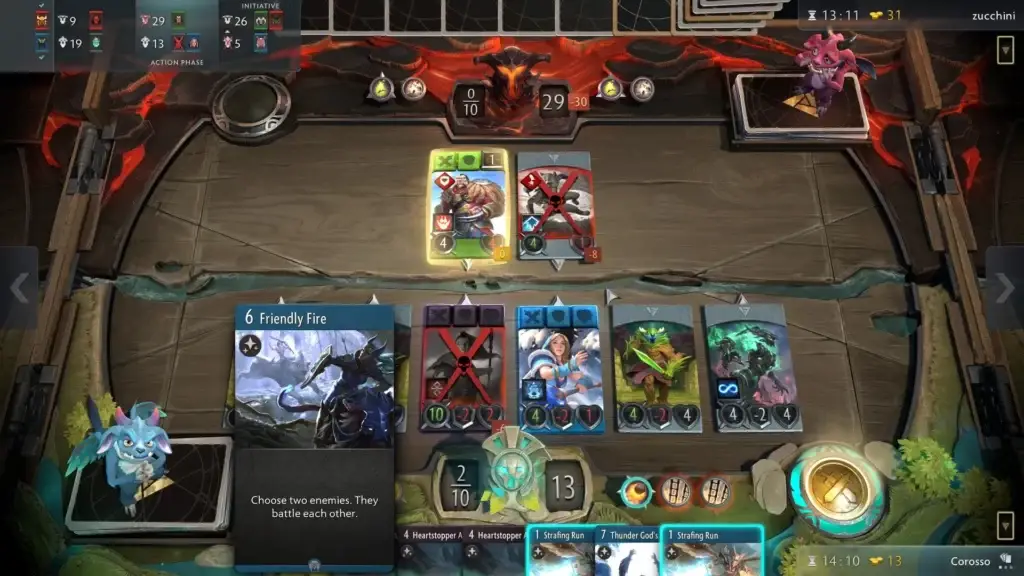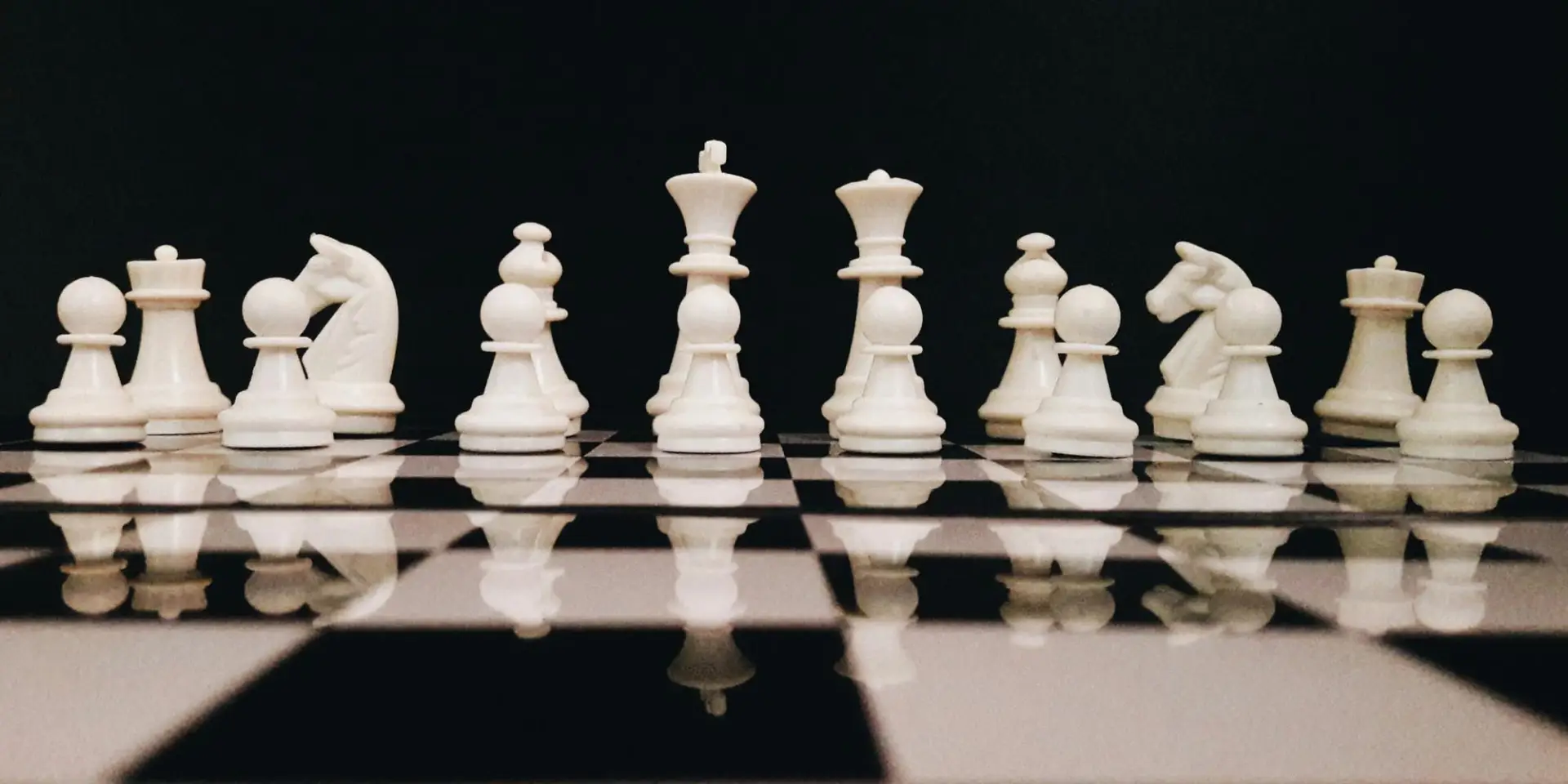Modern eSports span genres from card games to board games, and attract millions of fans. Digital technologies have created new opportunities for the development of collectible games, where deckbuilding has become a true art. Continuous updates and tournaments keep both amateurs and professionals interested.
Collectible Card Games (CCG): The Road to the Top
Card games in eSports are often associated with flashy titles such as Hearthstone, Magic: The Gathering Arena, and Legends of Runeterra. They are known for their deep gameplay and regular meta updates. Keeping your strategies up to date allows you to learn new game mechanics and analyze your opponents. Each new season brings new decks, balance patches, and a metagame that determines which tactics will be successful. An example is Hearthstone, which added the Magnetize mechanic in 2023.

Legendary tournaments and prize pools
World championships such as the Hearthstone Grandmasters or Mythic Championship attract hundreds of professional players. Prize pools for eSports card game tournaments can reach millions of dollars. These events allow the best minds to compete and showcase their skills in resource management and tactical flexibility. For example, the Hearthstone World Championship Finals regularly attract tens of millions of viewers. The winners not only receive large cash prizes, but also worldwide fame. The Mythic Championship 2022 prize pool is $1 million, fueling interest in professional gaming.
How to Build Successful Decks
To build a competitive deck, you need to analyze the current meta and study the strengths and weaknesses of the cards:
- Select the key cards for your main strategy.
- Balance the attack and defense elements.
- Evaluate the cost of resources and their replacement potential.
- Consider countering the most popular tactics in the current metagame.
- Apply mathematical models to optimize roofs.
These principles help create generalist or highly specialized strategies that allow you to dominate the competition. In 2023, the tactic ‘Control by Means’ became popular, using cards with a long-term field control effect.
Board games in digital format
 Board games such as chess and Go have found a second life in eSports thanks to online platforms. Chess tournaments organized by Chess.com have become popular among amateurs and professionals alike. The depth of their strategies and analyses makes them relevant even in the high-tech era. Board game tournaments such as Tabletop Simulator have become popular in professional circles and offer a space to experiment with new game mechanics and tactics. The chess games between Magnus Carlsen and Ian Nepomniachtchi in 2022 attracted a record 12 million viewers on the Twitch platform.
Board games such as chess and Go have found a second life in eSports thanks to online platforms. Chess tournaments organized by Chess.com have become popular among amateurs and professionals alike. The depth of their strategies and analyses makes them relevant even in the high-tech era. Board game tournaments such as Tabletop Simulator have become popular in professional circles and offer a space to experiment with new game mechanics and tactics. The chess games between Magnus Carlsen and Ian Nepomniachtchi in 2022 attracted a record 12 million viewers on the Twitch platform.
Examples of excellent players and teams
The elite of the eSports chess community include grandmasters such as Magnus Carlsen, who have incredible skills in online tournaments. In a team context, teams that specialize in cooperative board games, such as Team Liquid in Magic: The Gathering Arena, perform excellently. In addition to chess, teams are actively working on creating synergies, experimenting with different formats and approaches to achieve victory. Cloud9 won 5 major tournaments in 2023 thanks to innovative resource allocation strategies.
Specifics of player preparation for card and board game tournaments in eSports
Training consists of analyzing previous matches, analyzing match times, and practicing under tournament-like conditions that are as close to reality as possible. Teams and players adapt to the changing meta by learning each new card and rule update. Participants use match simulators, role-playing with different outcomes and developing unique tactics against specific opponents. During the 2023 training sessions, Magic: The Gathering players, for example, made extensive use of virtual training rooms to analyze match scenarios.
The role of technology in preparation
Match analysis tools such as stat trackers and simulators help you improve your skills. These technologies accelerate the learning process, allowing you to quickly identify weaknesses and correct mistakes. The use of artificial intelligence to predict game trends and optimize decks has become standard practice among professionals. The MTGDecks platform introduced an update in 2023 that allows a deck’s chance of success in a tournament to be modeled with up to 95% accuracy.
Prize pools and popularity of the game
The high cash prizes are driving growing interest in the new format. Projects with larger budgets, such as Hearthstone, tend to attract a larger audience. Popular eSports card games receive sponsorship money, which strengthens their market position. For example, the total budget for the Magic: The Gathering World Tour tournament series has exceeded $10 million in recent years. Sponsors such as Red Bull and Logitech are investing €2 million in 2023.
Popularity and audience
Card and board games in eSports attract players from young to old. The audience reaches millions of viewers on the Twitch and YouTube platforms, creating a unique environment for the popularization of the genre. International streamers Disguised Toast and Kripparrian are actively recruiting new participants, sharing their experiences and creating unique formats for viewers.

Results and perspectives
 Card games are becoming increasingly popular in eSports due to their strategic depth and entertainment value. These disciplines unite players from all over the world and offer unique opportunities for self-realization and development. In the future, even more innovations are expected to make this field even more interesting. Improved technology and greater accessibility ensure that the audience is growing and that new generations of professionals and amateurs are attracted.
Card games are becoming increasingly popular in eSports due to their strategic depth and entertainment value. These disciplines unite players from all over the world and offer unique opportunities for self-realization and development. In the future, even more innovations are expected to make this field even more interesting. Improved technology and greater accessibility ensure that the audience is growing and that new generations of professionals and amateurs are attracted.
 en
en  ru
ru  de
de  ar
ar  es
es  nl
nl  hi
hi  fr
fr  it
it  pt
pt  el
el 










